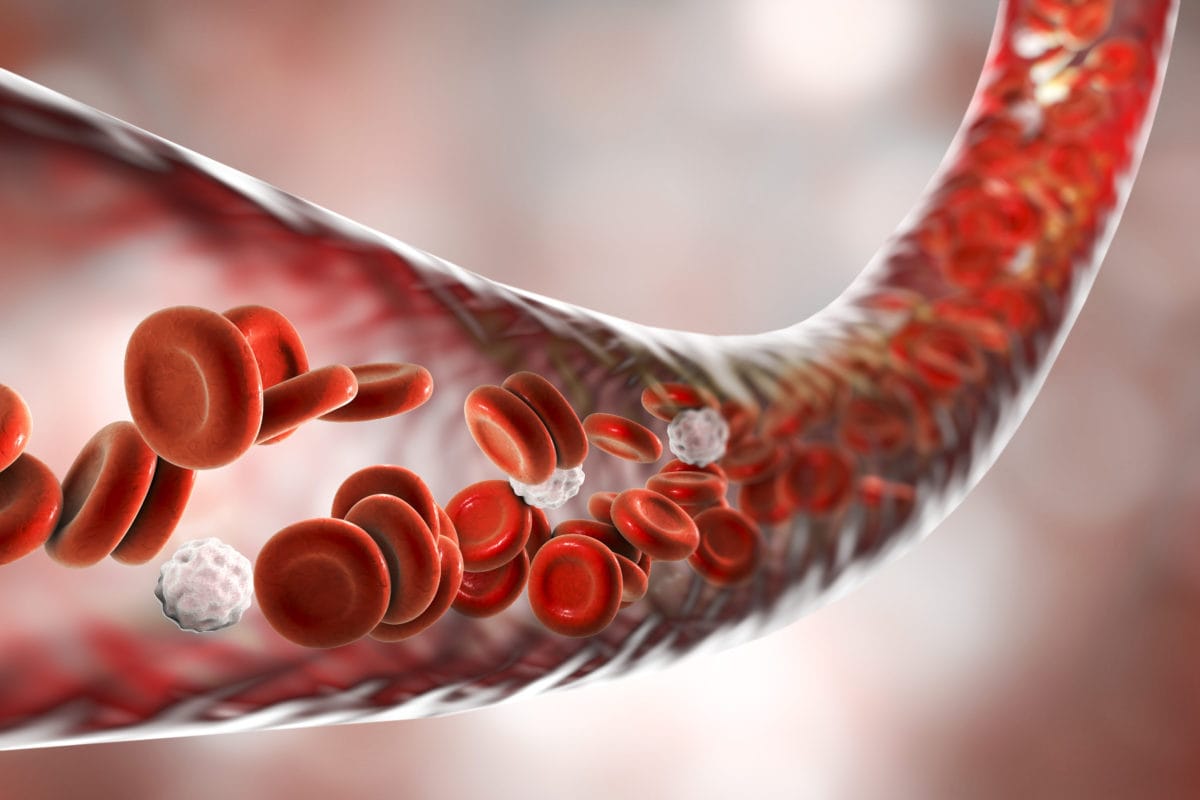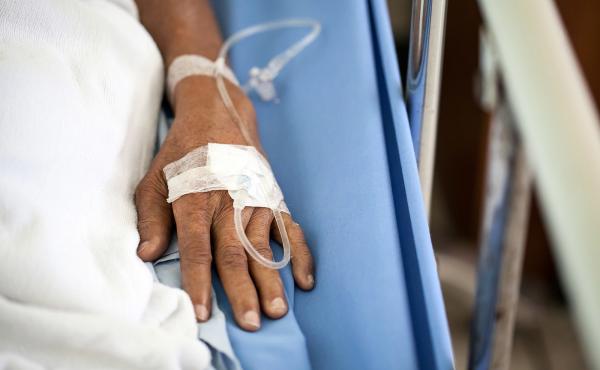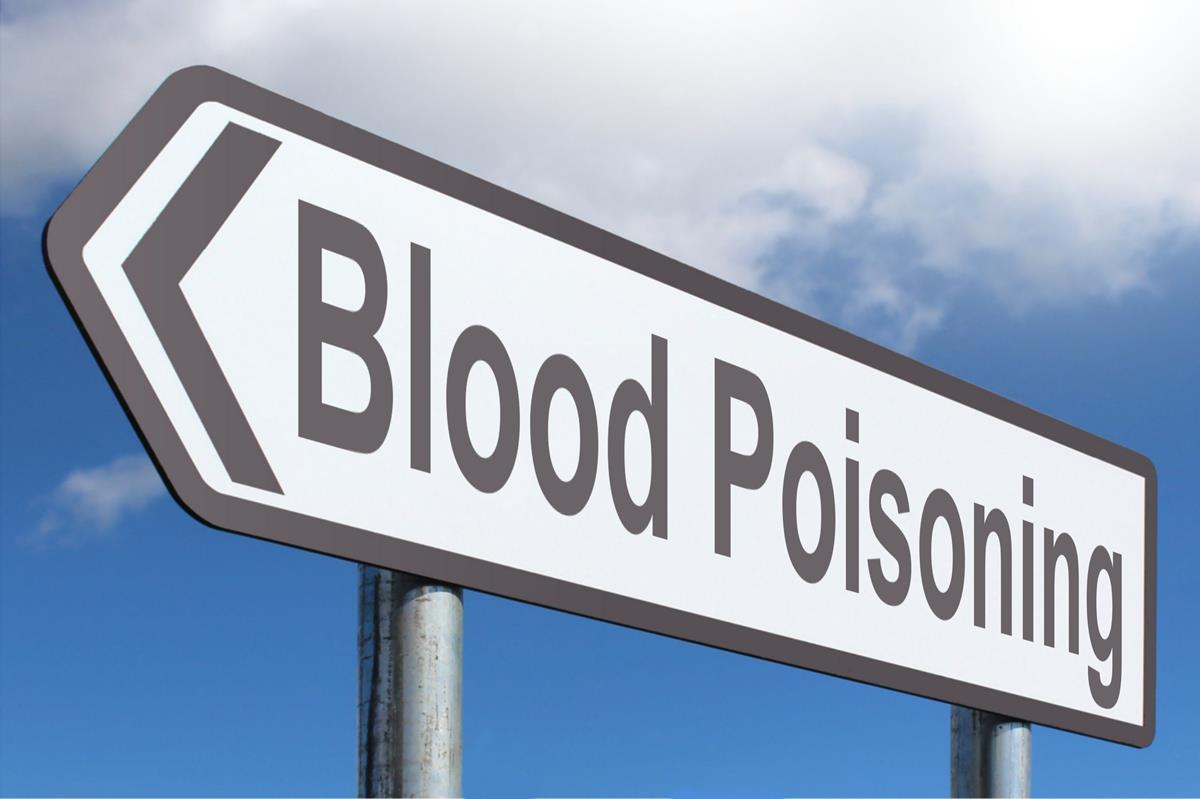Blood poisoning happens when bacteremia is present in the bloodstream or a serious infection in the blood, and not because of a poisonous substance in the blood. Blood poisoning is used to describe sepsis, septicemia, or bacteremia, which are serious health conditions that will need quick medical attention.
Causes
Blood poisoning happens when bacteria that cause infection in another part of the body enters the bloodstream, which is referred to as bacteremia or septicemia. Septicemia is the condition when you have bacteria in your blood and can lead to sepsis. Sepsis is a serious and severe condition that often is life-threatening if it is left untreated. However, any type of infection can cause sepsis, including bacterial, viral, or fungal.
Bacteria can enter your bloodstream in numerous different ways, such as through wounds. This includes cuts, scrapes, and burns. It can also come from something serious like a kidney infection, or something as simple as a sinus infection. Since blood poisoning happens when bacteria get into your bloodstream in combination with another infection, you will not develop sepsis without having an infection.

Blood poisoning and sepsis can attack anyone. However, the risk is a lot higher for:
- Older people, usually 65 years of age or older
- People with a weakened immune system, including those with HIV/AIDS
- Young children, especially those under the age of 1
- People with chronic medical conditions, including diabetes, cancer, and leukemia
- People who have just had surgery
- People with poor dental hygiene or recently had dental work
- People who use intravenous drugs like heroin.
Symptoms and Signs
The symptoms of blood poisoning are often similar to the symptoms of a cold, which leads people to think that the symptoms they are experiencing are not serious. If you have had surgery or dental work recently or you are recovering from a wound, you need to call your doctor immediately because the symptoms can signal blood poisoning. The symptoms are:
- Sudden fever with moderate to high temperature
- Shivers and chills
- Fast heartbeat
- Rapid breathing
- Weakness or low energy (usually in children)
- Irritability
- Increased heart rate or heart palpitations
- Skin paleness
Additional or advanced symptoms that indicate life-threatening blood poisoning or sepsis include:
- Extreme pain or discomfort
- Confusion or disorientation
- Shock
- Organ failure
- Shortness of breath
- Sweaty skin or red spots on the skin that can grow larger and look like a purple bruise
- Almost no urine production.
Blood poisoning can result in septic shock or respiratory distress syndrome. If your condition is not treated immediately, it can be dangerous and can even lead to death.
Diagnosis
Blood poisoning is usually difficult to diagnose by yourself because the symptoms mimic other conditions. The best way to know if you suffer from the condition is to see a doctor. Your doctor will perform a series of physical examinations, including checking your temperature and blood pressure. Then, if your doctor suspects blood poisoning, tests to look for signs of bacterial infection will be performed. These tests usually include blood culture testing, blood oxygen levels, blood count, urine tests, chest X-ray, clotting factor, and kidney function tests. Your doctor may also do an imaging scan, such as an X-ray, MRI scan, ultrasound, and CT scan. If bacteria are present in your blood, your doctor will identify the type. If you recently experience a cut or other wounds, your doctor may swab the area to collect bacteria. Identifying the type of bacteria will help your doctor decide which antibiotic to clear the infection.
Treatment
Prompt treatment of blood poisoning is vital since the infection can spread to tissues or heart valves at a rapid pace. The treatment usually involves admission to an intensive care unit (ICU) in order to closely monitor your organ systems as well as giving you intravenous antibiotics and other medicines. You may be given oxygen intravenously to maintain your blood pressure.

It is crucial for you to strictly follow your doctor’s treatment plan to get a higher chance of a full recovery. The earlier the condition is treated, the greater your chance to survive. Most people with mild sepsis can make a full recovery without any lasting complications. However, even when the treatment is successful, the condition can still lead to permanent damage and you have a greater risk of future infections.




